I'm quite new to SQL & big query so this might be simple. I'm running some queries on the public dataset GDELT in BQ and have a question regarding the LIMIT. GDELT is massive (14.4 TB) and when I query for something, in this case a person, I could get up to 100k rows of results or more which is this case is too much. But when I use LIMIT it seems like it does not really partition the results evenly over the dates, causing me to get very random timelines. How does limit work and is there a way to get the results more evenly based on days?
SELECT DATE,V2Tone,DocumentIdentifier as URL, Themes, Persons, Locations
FROM `gdelt-bq.gdeltv2.gkg_partitioned`
WHERE DATE>=20210610000000 and _PARTITIONTIME >= TIMESTAMP(@start_date)
AND DATE<=20210818999999 and _PARTITIONTIME <= TIMESTAMP(@end_date)
AND LOWER(DocumentIdentifier) like @url_topic
LIMIT @limit
When running this query and doing some preproc, I get the following time series:

It's based on 15k results, but they are distributed very unevenly/randomly across the days (since there are over 500k results in total if I don't use limit). I would like to make a query that limits my output to 15k but partitions the data somewhat equally over the days.